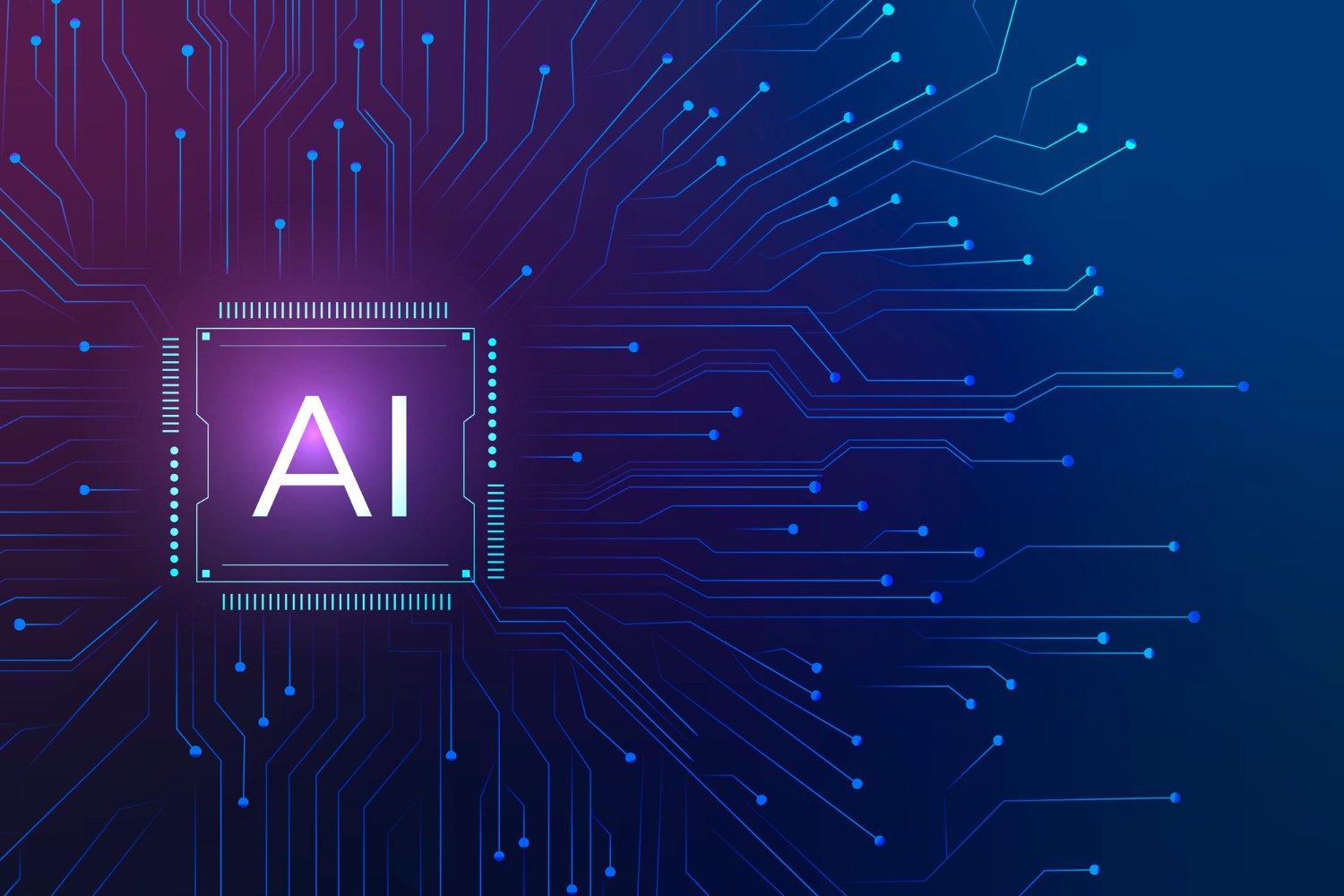SEO is changing rapidly, driven by technological advances and evolving user behaviors. For businesses to stay ahead, it’s essential to understand and adapt to future SEO trends. This blog features insights from fifteen leading SEO coaches, offering their predictions and advice on what to expect in the coming years. From the role of AI and machine learning to the growing significance of trustworthiness and the rise of social and video search, these experts provide valuable perspectives on the future of SEO.
| # | SEO Coach | Website |
|---|---|---|
| 1 | Rand Fishkin | SparkToro |
| 2 | Neil Patel | Neil Patel |
| 3 | Bhavik Sarkhedi | Write Right |
| 4 | Lily Ray | Path Interactive |
| 5 | Barry Schwartz | Search Engine Roundtable |
| 6 | Marie Haynes | Marie Haynes Consulting |
| 7 | Brian Dean | Backlinko |
| 8 | Eric Enge | Stone Temple Consulting |
| 9 | Ann Smarty | Internet Marketing Ninjas |
| 10 | Cyrus Shepard | Moz |
| 11 | Kristine Schachinger | Sites Without Walls |
| 12 | Glenn Gabe | G-Squared Interactive |
| 13 | Greg Gifford | SearchLab |
| 14 | Joy Hawkins | Sterling Sky |
| 15 | Darren Shaw | Whitespark |
Understanding future trends is key to staying competitive. Insights from these top SEO coaches will help you navigate the complexities of the evolving SEO landscape. Whether it’s AI, trustworthiness, or social and video search, the future of SEO holds exciting opportunities for those prepared to adapt.
AI and Machine Learning in SEO: Insights from SEO Coaches

1. Rand Fishkin: AI in Keyword Research and Content Optimization
Rand Fishkin emphasizes the growing role of AI in SEO. AI tools, such as Google’s Search Generative Experience (SGE), are revolutionizing keyword research and content optimization. Fishkin believes that AI’s ability to automate repetitive tasks and enhance user experience is a game-changer for the future of SEO.
2. Neil Patel: Personalizing User Experiences with AI
Neil Patel highlights how AI can personalize user experiences and create data-driven content strategies. He predicts that AI will enable more precise targeting and better performance metrics, helping businesses stay competitive. Patel’s insights underscore the importance of integrating AI into SEO strategies to stay ahead of the curve.
3. Bhavik Sarkhedi: Transforming Content Creation with AI
Bhavik Sarkhedi discusses how AI will transform content creation and SEO strategies. He believes AI will enable more personalized and efficient content, helping businesses stay relevant in a tech-driven world. Sarkhedi’s perspective on AI in SEO trends highlights the need for businesses to adapt to these technological advancements.
E-E-A-T: The Growing Importance of Trustworthiness

4. Lily Ray: Impact of E-E-A-T on SEO
Lily Ray explains the impact of Google’s E-E-A-T (Experience, Expertise, Authoritativeness, and Trustworthiness) on SEO, especially for YMYL (Your Money or Your Life) topics. Trustworthiness is crucial for ranking, and businesses need to focus on quality content. Ray’s insights into E-E-A-T are essential for understanding future SEO trends.
5. Barry Schwartz: Enhancing E-E-A-T for Better Rankings
Barry Schwartz advises on enhancing E-E-A-T by sourcing content from recognized experts, obtaining quality backlinks, and maintaining transparency and accuracy in information. His advice is vital for businesses aiming to improve their SEO performance and build trustworthiness.
6. Marie Haynes: Building Credibility through Trustworthy Content
Marie Haynes stresses the importance of Trustworthiness as a key ranking factor. She shares tips on building credibility through consistent and reliable content that aligns with Google’s guidelines. Haynes’ insights into E-E-A-T emphasize the need for businesses to prioritize trustworthiness in their SEO strategies.
Social and Video Search: New Frontiers in SEO

7. Brian Dean: Optimizing for Social Search
Brian Dean discusses the rise of social search and the importance of optimizing for platforms like Instagram and TikTok. He highlights the growing trend of users turning to social media for product discovery. Dean’s insights into social search trends are crucial for understanding the future of SEO.
8. Eric Enge: The Impact of Video Content on SEO
Eric Enge talks about the increasing demand for video content and its impact on SEO. He shares strategies for optimizing video content to improve search rankings and user engagement. Enge’s perspective on video SEO trends highlights the need for businesses to invest in video content.
9. Ann Smarty: Creating Engaging Multimedia Content
Ann Smarty shares insights on creating engaging content for social and video platforms. She emphasizes the need for multimedia content to attract and retain audience attention. Smarty’s advice on video SEO is valuable for businesses looking to enhance their online presence.
Adapting to Zero-Click Searches and Featured Snippets

10. Cyrus Shepard: Optimizing for Zero-Click Searches
Cyrus Shepard highlights the trend of zero-click searches and how to optimize content to appear in featured snippets. He suggests structuring content to provide clear and direct answers to common queries. Shepard’s insights into zero-click searches are essential for future SEO strategies.
11. Kristine Schachinger: Maintaining Engagement Despite Zero-Click Searches
Kristine Schachinger provides tips on maintaining engagement despite reduced click-through rates due to zero-click searches. She emphasizes the importance of high-quality, informative content. Schachinger’s perspective on zero-click searches is valuable for businesses adapting to this trend.
12. Glenn Gabe: Strategies for Capturing User Interest
Glenn Gabe discusses the impact of zero-click searches on website traffic and shares strategies for capturing user interest and maintaining visibility in search results. Gabe’s insights into zero-click searches are crucial for businesses looking to stay competitive.
The Role of Local and Hyperlocal SEO

13. Greg Gifford: Importance of Local SEO for Small Businesses
Greg Gifford talks about the importance of local SEO for small businesses and how hyperlocal SEO can target specific neighborhoods or communities. He emphasizes optimizing Google My Business profiles and engaging with local customers through localized content. Gifford’s insights into local SEO trends are essential for small businesses.
14. Joy Hawkins: Enhancing Local Search Visibility
Joy Hawkins explains strategies for enhancing local search visibility, such as obtaining local reviews, using location-specific keywords, and participating in community events. Hawkins believes that hyperlocal SEO will become increasingly important as search engines continue to prioritize local results. Her insights into local SEO are valuable for businesses looking to improve their local presence.
15. Darren Shaw: Building a Strong Local Online Presence
Darren Shaw shares insights on the future of local SEO, highlighting the need for businesses to focus on building a strong local online presence and leveraging local SEO tools to track performance and make data-driven decisions. Shaw’s advice on local SEO trends is crucial for businesses aiming to enhance their local visibility.
Conclusion
The future of SEO is set to be shaped by several key trends and advancements. AI and machine learning are playing an increasingly vital role, as highlighted by experts like Rand Fishkin, Neil Patel, and Bhavik Sarkhedi. These technologies are transforming keyword research, content optimization, and personalization, making them crucial components of future SEO strategies.
Understanding the importance of E-E-A-T (Experience, Expertise, Authoritativeness, and Trustworthiness) is also critical. SEO coaches such as Lily Ray, Barry Schwartz, and Marie Haynes emphasize the need for businesses to build credibility and trust through high-quality content. This focus on trustworthiness will be a determining factor in search rankings.
The rise of social and video search is another significant trend. Experts like Brian Dean, Eric Enge, and Ann Smarty stress the importance of optimizing for platforms like Instagram, TikTok, and YouTube. Video content is becoming a dominant force in SEO, and businesses need to adapt to this shift to stay competitive.
Zero-click searches and featured snippets are changing how users interact with search results. SEO coaches Cyrus Shepard, Kristine Schachinger, and Glenn Gabe provide insights on how to optimize for these trends, ensuring businesses can capture user interest even when click-through rates are reduced.
Local and hyperlocal SEO are also gaining importance. Experts like Greg Gifford, Joy Hawkins, and Darren Shaw highlight the need for businesses to focus on local search visibility and community engagement. Optimizing Google My Business profiles and leveraging local SEO tools are essential strategies for enhancing local online presence.
By staying updated with these SEO insights and trends from leading experts, businesses can maintain a competitive edge. Adapting to changes in AI, E-E-A-T, social and video search, zero-click searches, and local SEO will be crucial for success in the ever-evolving world of digital marketing.
FAQs
1. What is the impact of AI on SEO?
AI is revolutionizing SEO by automating tasks such as keyword research and content optimization. SEO coaches like Rand Fishkin and Neil Patel highlight that AI tools, including Google’s Search Generative Experience (SGE), are enhancing user experience and enabling more precise targeting. AI in SEO also helps in creating data-driven content strategies, making it an indispensable part of future SEO trends.
2. How does E-E-A-T influence search rankings?
E-E-A-T (Experience, Expertise, Authoritativeness, and Trustworthiness) is a critical factor in determining search rankings. Experts like Lily Ray and Barry Schwartz emphasize that Google prioritizes high-quality, trustworthy content. Businesses need to focus on building credibility by sourcing content from recognized experts, obtaining quality backlinks, and maintaining transparency and accuracy. E-E-A-T is essential for improving SEO performance and staying competitive.
3. What are zero-click searches?
Zero-click searches occur when users find the information they need directly on the search results page without clicking any links. SEO coaches Cyrus Shepard and Kristine Schachinger explain that optimizing for featured snippets and providing clear, direct answers to common queries can help businesses adapt to this trend. Despite reduced click-through rates, maintaining high-quality, informative content is crucial for engaging users.
4. How can businesses optimize for video search?
Video content is becoming increasingly important in SEO. Experts like Eric Enge and Ann Smarty suggest optimizing video content by focusing on relevant keywords, creating engaging thumbnails, and providing detailed descriptions. Platforms like YouTube and social media channels like Instagram and TikTok are vital for video SEO. Investing in video content and ensuring it is optimized for search can significantly improve search rankings and user engagement.
5. What is the importance of local and hyperlocal SEO?
Local and hyperlocal SEO are crucial for small businesses targeting specific neighborhoods or communities. SEO coaches Greg Gifford and Joy Hawkins highlight the importance of optimizing Google My Business profiles, obtaining local reviews, and using location-specific keywords. Hyperlocal SEO focuses on highly targeted areas, making it essential for businesses to engage with their local communities and enhance their local search visibility. Darren Shaw emphasizes that leveraging local SEO tools and building a strong local online presence are key strategies for success.







